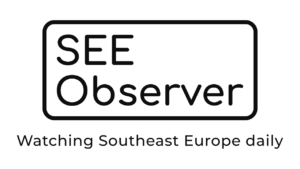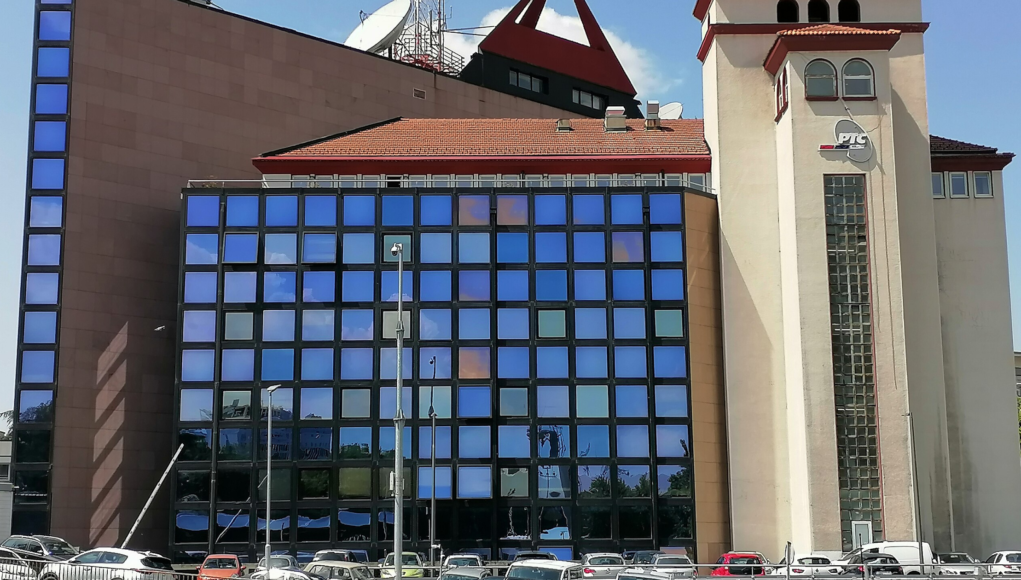BELGRADE – Political tensions rise in Serbia as 15 opposition parties challenge the national broadcaster, Radio Television Serbia (RTS), accusing it of biased reporting and demanding more objective and impartial coverage. The opposition has given RTS a 30-day ultimatum to address their concerns, hinting at potential protests if their demands go unheeded.
According to Serbian daily Danas, the RTS board responded by labeling the request as a form of “lynching,” questioning why both local and international communities have remained silent on the matter. The broadcaster defended its stance, claiming that they are the sole TV company in Serbia adhering to a code of ethics.
Miroslav Aleksić, president of the People’s Movement of Serbia, emphasized the broadcaster’s duty to provide unbiased information, especially on significant issues like the Jovanjica case, which may involve government officials. He criticized RTS for its perceived allegiance to the ruling party, rather than serving the public interest.
Tatjana Manojlović, of the Democratic Party, echoed Aleksić’s sentiments, stressing that the opposition’s demands reflect the citizens’ wishes. She criticized the broadcaster’s slogan, “Your right to know everything,” suggesting that RTS has failed to uphold its promise of unbiased reporting, particularly under the influence of the ruling Serbian Progressive Party.
Radomir Lazović from the Ne davimo Beograd movement highlighted the disproportionate representation of the ruling party in RTS news programs. He criticized the broadcaster’s management, suggesting they prioritize their positions and benefits over public interest.
The ongoing dispute underscores broader concerns about media freedom and impartiality in Serbia, with the opposition and many citizens questioning the integrity of the nation’s primary broadcaster. Earlier in the week, on September 11, opposition parties submitted a request to Serbian President Aleksandar Vučić for holding parliamentary elections and local Belgrade elections “before the end of the year.”
Source/s: Danas
Image source: Wikimedia
The Southeast European Observer participates in the Amazon Services LLC Associates Program. While we strive to provide our readers with unbiased and reliable information, please be aware that any purchases made through Amazon affiliate links on our site generate a small commission for us at no extra cost to you. This helps support our platform and allows us to continue delivering quality content to our readers.
We ensure that the presence of Amazon affiliate ads does not influence our editorial content, and no affiliate links are included within the text of our articles.












